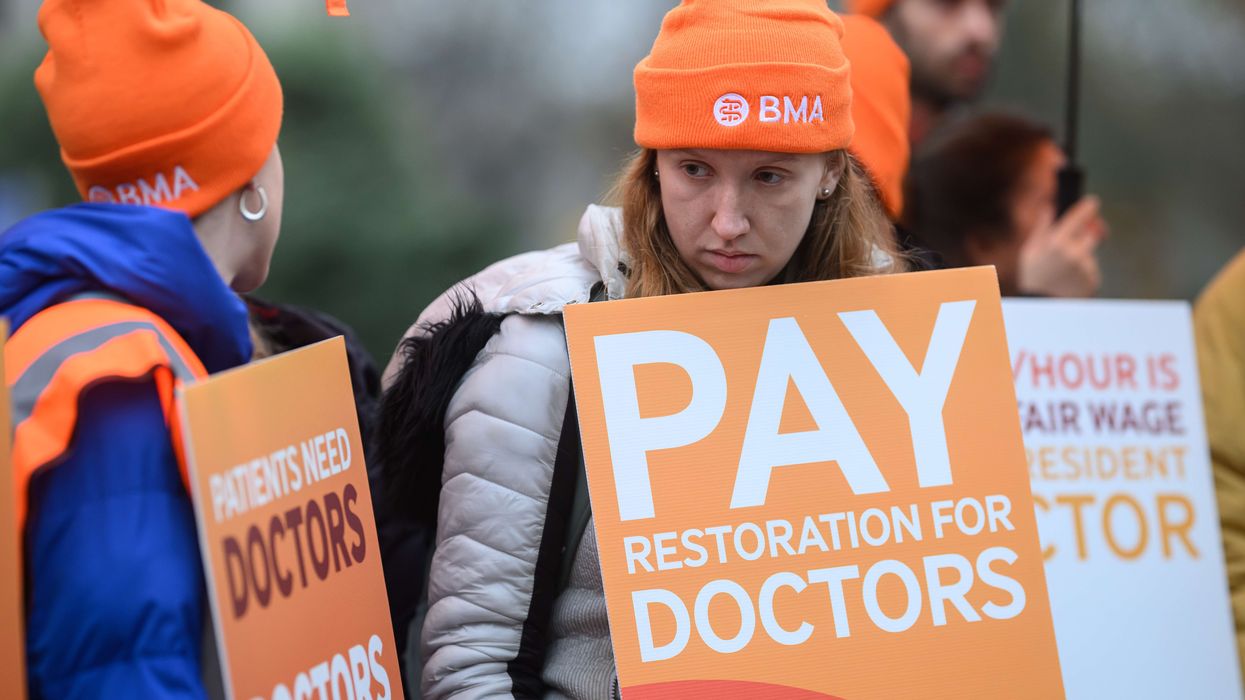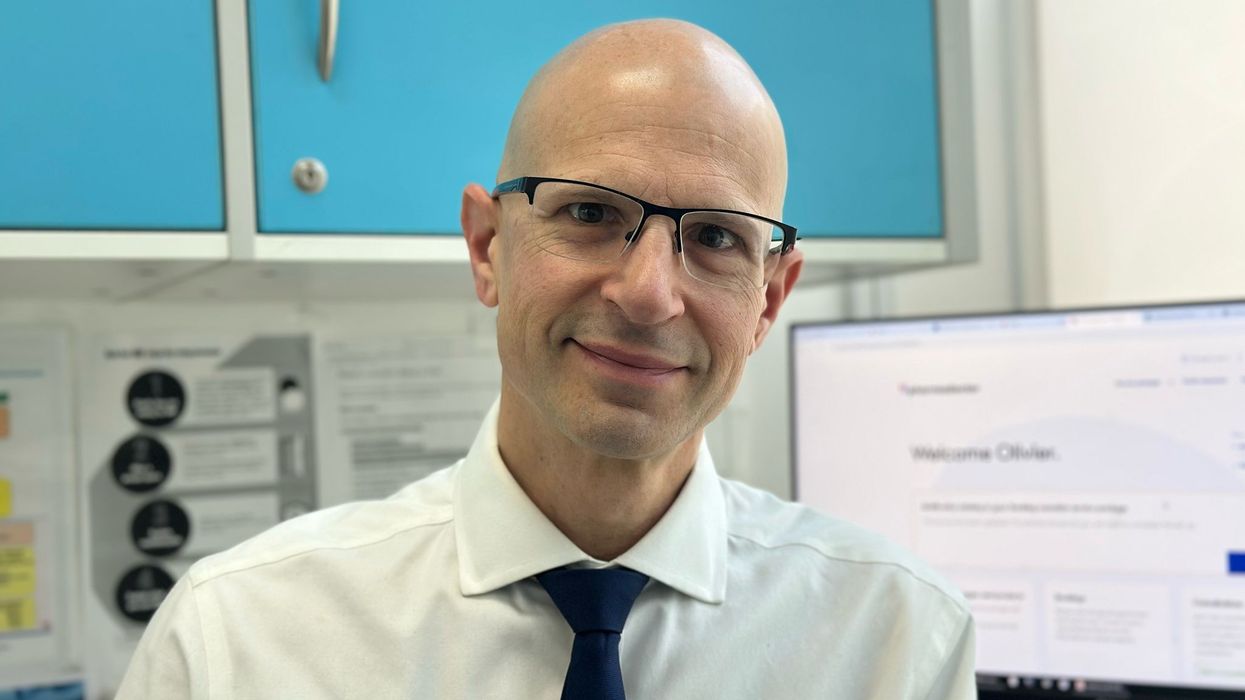Pharmacists are like ducks on the pond – smooth and calm on top but paddling relentlessly underneath, says Ashni.
After over 15 years in the profession, and working mostly as a locum pharmacist, Ashni felt he could no longer keep going – he needed a change.
The trigger for Ashni was when shockwaves ran through the pharmacy sector in December 2015.
He recalls how the announcement of funding cuts caught everyone flat footed and sent all sorts of mixed signals, especially amongst pharmacy professionals.
Ashni, who used to manage a community pharmacy as a locum at the time, felt the government “wanted to get rid of community pharmacies.” Speculations were also rife that up to “a quarter of them would be gone” in no time.
He explained how “they also talked about further funding cuts in the near future,” which made pharmacy contractors incredibly worried; they knew they needed to make hard business decisions for survival.
“And eventually it all cascaded down to locum pharmacists like me.
“I felt I was actually drowning in pharmacy because of the ever rising targets – you are up against the contract, doctors, wholesalers, patients and an owner concerned mainly about profitability. It made me feel like a punching bag and a doormat.”
Ashni chose the profession because he was very passionate about healthcare and “helping my patients.”
“But I could no longer give even half a decent service to my patients because of added workload. Staff were taken away and more was expected of the pharmacist in terms of targets and new service offerings. How could one cope?”
“It felt as though I was being set up to fail in my professional capacity due to the ever-increasing demands in the profession. I woke up in the morning dreading work.”
He recounts a lot of other issues such as the volumes of paperwork that a pharmacist needed to carry out on a daily basis, the demands from local bodies, shortages of medicines and devices like inhalers and having to send anonymized scripts to the distributors to obtain precious stock.
“Within my time in pharmacy I felt as though I de-skilled myself completely.” For Ashni, dealing with MURs was more clerical as everything was rushed through to get the patient’s signature, and it was the responsibility of the pharmacist to ensure that everything was in order for any surprise inspections from the pharmacy regulators.
“Contractors worked out that they would have to find ways of managing with less income in order to stay viable. And consequently, locum rates fell sharply, staff were continually trimmed down, but the work volume just kept piling up.
“There was always this constant pressure to perform, meet targets and expectations – all dressed up to make everyone else feel good.”
Ashni decided that unlike his pharmacy colleagues, he couldn’t carry on paddling at that rate.
Realising he needed to switch gears, he started looking for options and trained to become a driving instructor. After qualifying as one in 2018, he continued to work for up to three days as a locum, whilst also testing himself out behind the wheels during the rest of the week.
Has anything changed since his latest career move?
“A lot!” said Ashni, emphatically, adding: “I have never been so happy. I sleep so much better. My eyesight has improved. I don’t get short-tempered or snappy anymore.”
He says he now feels much fitter, happier and more stress-free.
“But I didn’t fully understand the mental impact of the stress and strain until I left pharmacy completely.”
This article also appears in the February issue of Pharmacy Business.











